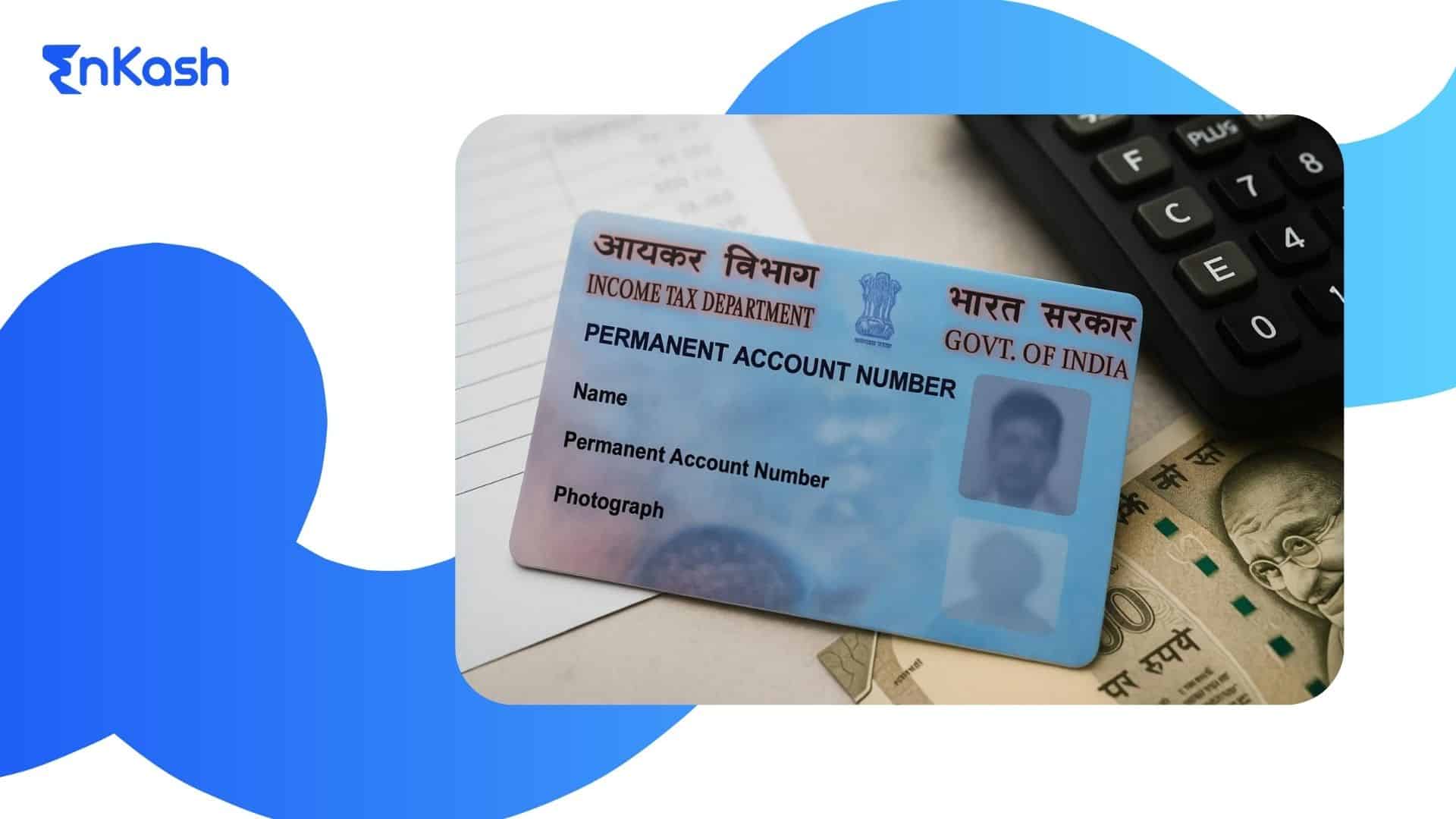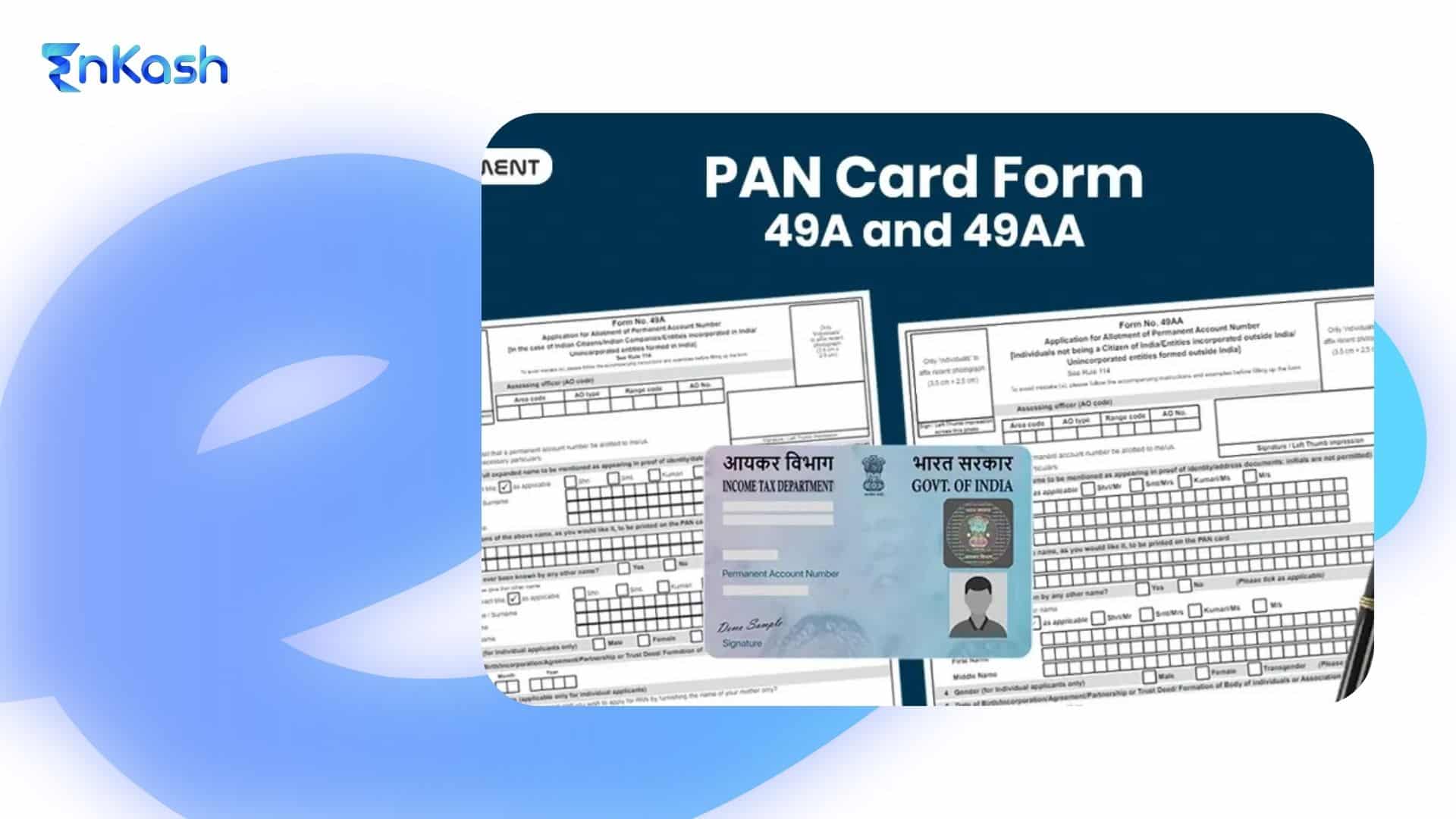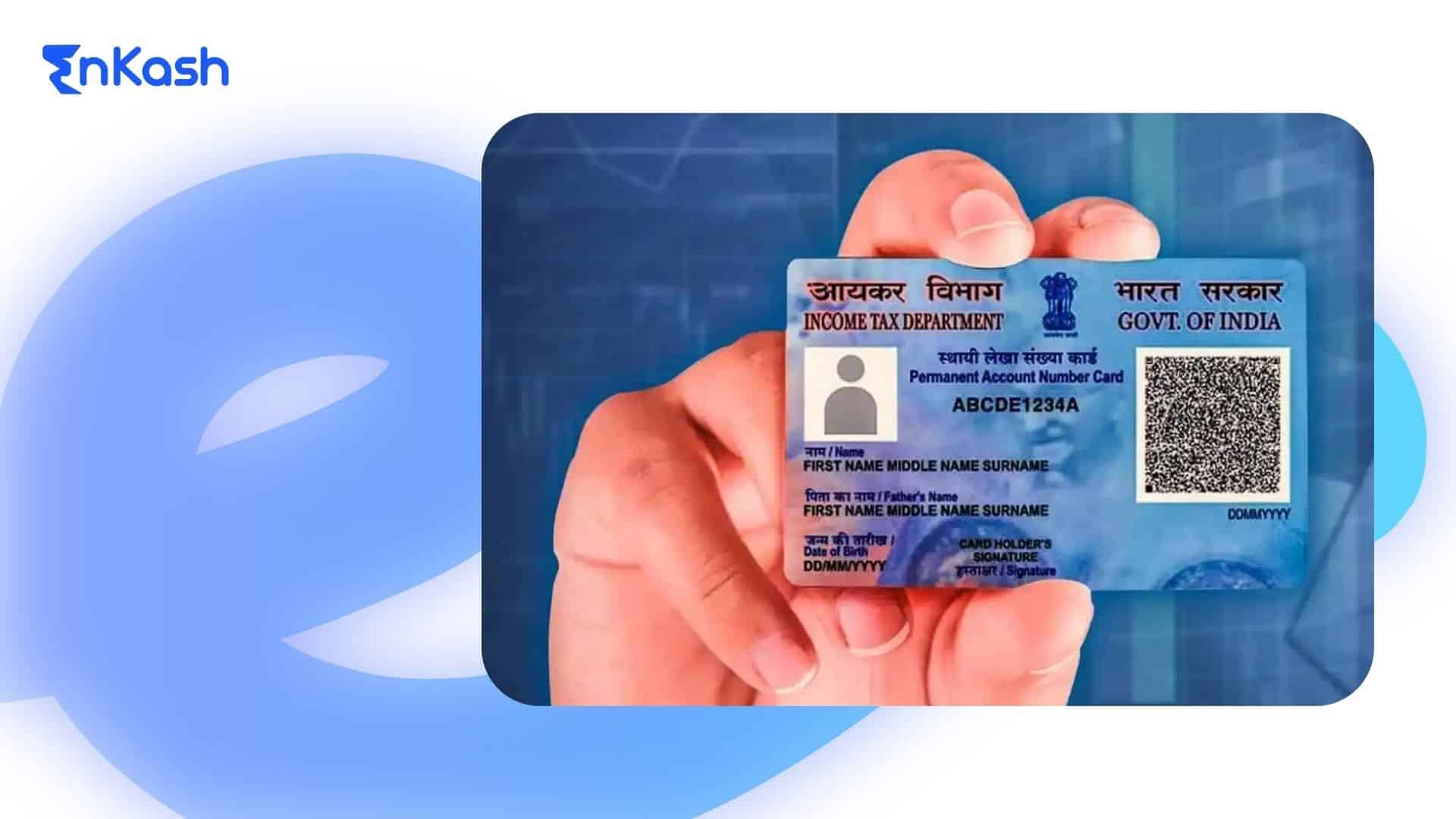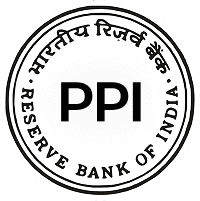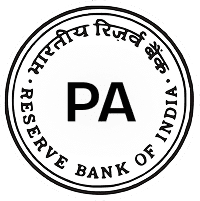Introduction
Timely payments are like the blood that sustains the life of every business. But when payments are delayed, they not only disrupt cash flow but also bring on unnecessary pressure. Therefore, understanding overdue payments becomes crucial. It doesn’t matter if it is an invoice that has not been paid, a bill that has been missed, or a client payment that has been delayed; the knowledge of overdue payments, their meaning, and how to handle them helps in keeping the financial health of the organization. In this blog, we’ll first discuss what overdue payments are, their imposed fees, and finally, how tracking them can lead to the financial stability of the business. With the right tools, businesses can manage payments seamlessly and avoid penalties or disruptions.
What is an Overdue Payment?
An overdue payment is one that the payer doesn’t remit even after the due date stamped on it. In other words, it is simply the amount of money that was supposed to be paid by a given date but has not yet been paid. This unpaid amount might consist of a long list of overdue invoices from clients, bills from vendors, and even loan installments or service payments that are late. There are many reasons why payments are overdue, such as difficulties with cash flow, miscommunication, or poor tracking of payment systems. Nevertheless, even a small delay can put a company’s finances at risk, disrupting its operations, delaying the start of new projects, and eroding the trust of business partners. An overdue payment may also incur late fees or additional charges, based on the payment and receiver’s agreement terms. For instance, if a vendor’s contract states that a 2% penalty will be imposed on late payments, then the penalty is charged accordingly for the month.
The only way to go around the problem discussed above is by constantly monitoring and tracking payment deadlines by the companies themselves. EnKash and other similar companies that provide automated payment reminders and due date monitoring help ensure timely settlements through automated alerts and reminders. Thus, it not only helps in avoiding penalties but also ensures cash flow consistency and cuts down business credit risk.
What’s an Overdue Amount?
An overdue amount is the complete amount that has not been paid, even after the due date has come and gone. It is the amount that the company or the person owes in clear terms once the payment time is over. In the world of accounting, overdue amounts are recorded as receivables until they are settled.
The financial situation deteriorates over time since a longer outstanding amount period means it is improbable that the business can either reinvest the money or cover its operations with the money. Outstanding amounts may sometimes accrue interest or late payment fees, depending on the contract terms, which makes deferring payments more expensive.
On the other hand, monitoring overdue amounts is a key activity for businesses not only to spot payment patterns and evaluate client trustworthiness but also to apply proactive actions for debt collection. EnKash and similar platforms provide companies with the ability to see their outstanding balances in real time, schedule automated follow-ups, and even classify overdue payments based on time period or client type. This method of working, which is based on data, means that there are little or no overdue amounts, and the company’s cash flow remains healthy without manual effort or financial strain.
What Are Overdue Interest and Charges?
Creditors or suppliers typically apply overdue interest or late payment charges when a payment is not made on time as a risk management measure and encouragement for customers to pay on time. In a nutshell, these charges imply that the longer you put off payment, the more the total will be; hence, it is crucial to pay on time. Overdue interest is typically computed as a certain percentage of the unpaid amount, while a late fee can be either a set sum or both, and these are usually stated in the payment agreement or contract. These charges serve the dual purpose of compensating the supplier or lender for the delay in receiving funds and persuading the debtor to make timely payments in the future. For a business, ignoring overdue amounts can become a nightmare, as these extra costs pile up over time, resulting in a higher payable amount. Delayed payments can not only result in a loss of trust from the business, but the business can also lose the relationships with suppliers and suffer from a bad credit rating. Conversely, if the enterprise regularly checks its payment deadlines and takes prompt action on defaulted payments, it will be able to prevent the rise of some costs that originally were not meant to exist.
What Is the Difference Between a Late Payment and a Payment Due?
Basis |
Payment Due |
Late Payment |
Definition |
The amount that needs to be paid on or before a set date. |
Payment made after the due date has passed. |
Timing |
Before or on the scheduled date |
After the scheduled date. |
Financial Impact |
No additional charges if paid on time. |
Late fees, interest, or penalties may apply |
Effect on Credit Score |
Neutral or positive if timely. |
Negative impact on creditworthiness. |
Management |
Can be tracked with reminders and schedules. |
Needs recovery action or follow-up. |
What Are Outstanding Payments?
Outstanding payments are the amounts a company or a person still owes to others, including both the current obligations that are still within their payment terms and the overdue amounts that have surpassed their due dates. For instance, an invoice due to be paid next week is considered outstanding, just like an invoice that was due last month but is still unpaid. Monitoring the outstanding payments status is of utmost importance to comprehend the full financial situation of a company since it not only reflects the billed amount to customers but also the company’s obligations to suppliers or service providers. Accurate recording of outstanding payments keeps business cash flow healthy, ensures planned expenses, and reduces unexpected financial shocks that might affect daily operations. When payments are not monitored, the overdue amounts can pile up, thus incurring late charges, higher interest, and making the vendor or partner relationships worse. In addition, constant monitoring helps companies to spot trends like those customers who often drag payments, thus leading to the initiation of communicative discourse and better credit management. The fast-moving nature of the business climate today calls for the use of a tool like EnKash, which can track outstanding payments with ease by sending automated reminders, giving real-time reports, and syncing payment schedules with accounting systems. Outstanding payments tracked and monitored regularly by a business can lead to the business always having cash on hand, financial pressure being reduced, professionalism being maintained with customers and suppliers, a strong foundation for growth and stability being built, and finally, turning what might have been a risky financial obligation into a manageable and well-ordered aspect of business operations.
Late Payment fees
Late payment fees are extra costs resulting from delays in making payments, and if not closely watched, these can very easily turn into a large amount. The most common way to charge the late payment is a flat late fee, which might be something like ₹500 applied as a standard penalty for not paying by the due date. Another way is charging a percentage of the outstanding amount, for instance, 2% a month, which accrues over a period of time and makes the total amount payable very high. In some cases, extra interest is levied on top of the original payment, which adds to the already heavy financial burden. These late payment fees are more than just numbers for companies—their impact can be profound in terms of budgets, cash flow, and profitability. Moreover, the financial effect is accompanied by the damage done to the relationship between the company and the vendor or supplier because of the payment that is not made on time. Companies can lose their credibility and trustworthiness as a result of this. Therefore, it is important to proactively manage these difficulties, and there are tools like EnKash that make the whole thing much simpler. Automating payment reminders, tracking payment schedules, and providing instant notifications are some of the functions that help businesses ensure timely follow-ups and thereby minimize the possibility of accumulating late fees. In addition, a good and transparent system lets the finance team predict the possible fees, thus it is easier to arrange liquidity according to the need, and the communication with the stakeholders is more efficient. In conclusion, the process of becoming aware of, tracking, and controlling late payment fees not only protects the financial health of the business but also develops the exchange of professionalism, efficiency, and credibility in all financial
transactions, thus making timely payments a priority instead of a recurring problem.
Importance of Tracking Overdue Payments
Observing overdue payments is of utmost importance for various reasons:
Assures Cash Flow Stability
Monitoring overdue payments allows companies to have a good cash flow, and thus no disruption of daily operations and planned investments. Knowing the exact payments that are pending allows you to plan your expenses and allocate funds accordingly, thus keeping your business financially stable.
Payment Issues Early Detection
Tracking overdue payments, businesses can, to a certain extent, detect without panic problems, for example, customers or clients who frequently do not pay on time. Early detection means sending reminders or even implementing payment terms without a major, possibly large, outstanding amount getting to accumulate.
Company Reputation Protection
Trimming down the processing time of overdue payments gives an impression of being professional for the company. Creditors, suppliers, and customers are aware of companies that pay their debts. This leads to trust and patience in the case of negotiation about terms and conditions in the future.
Minimization of Extra Charges
In case a payment is delayed, the company might end up paying late fees, interest, or even penalties besides the original amount. Regular supervision of the overdue amounts will prevent the company from incurring these additional charges and, therefore, safeguard its budget and improve profitability.
Financial Management Made Easier by Tools
Tracking overdue payments becomes cost-effective and simple with tools like EnKash. Through outstanding payments and their notifications, real-time alerts, and tracking dashboards, the finance teams will not only be able to monitor every payment that is still pending but also be able to direct their budget plans with more accuracy and surprise-free.
Improves Accountability and Productivity
The regular monitoring of overdue payments is a sign of a professional and efficient operation. It builds accountability among the finance team and the rest of the departments, which means that everyone involved will be keen on the timely collections and payments.
Conclusion
Even a single missed invoice can cause cash flow problems, escalate costs, and damage your company’s relationships. Understanding terms like overdue amount, late payment charges, and outstanding payments helps businesses act promptly and avoid financial surprises. The monitoring of unpaid bills is mandatory for financial health, and, fortunately, EnKash is a great help by automating tracking, reminders, and reporting. With proactive management, companies can guarantee value when it comes to collections, reduce extra charges, and even cultivate relationships with customers and suppliers. The proper management of overdue payments ensures that not only cash flow but also the whole financial control is safe.
FAQs
1. What is considered an overdue payment?
A payment is regarded as overdue when it has a due date, but the payment has not been received on the agreed date.
2. What are the consequences of continued overdue payments?
The build-up of defaulted payments can lead to cash flow issues, increased late fees, and even create conflicts with vendors or customers, thereby complicating the financial management process.
3. Are overdue charges the same for every invoice?
Absolutely not; the charges for overdue payments are decided by the contract or agreement. Some might have a fixed late fee, while others may impose a percentage of the overdue amount or interest over a period of time.
4. Why do companies charge late payment fees?
These fees serve as compensation for the delays and also work as a deterrent for future late payments.
5. Can overdue payments affect my business credit rating?
Yes, if there are continuous late payments, they could negatively impact your reputation, increase your borrowing costs, and lead to poor relationships.
6. How fast should I give a reminder for overdue payments?
It is recommended to take action immediately when a payment is overdue. Quick reminders will also help in the reduction of delays, minimization of extra charges, and preservation of good business relationships.







